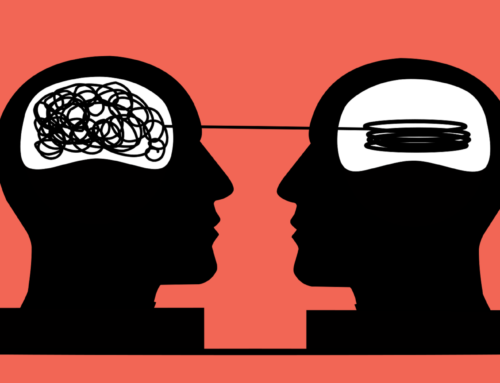A Growing Brain vs. a Static Brain
A body of research that began in 2011 suggests that this aversion to mistakes can be a cause of poor learning habits. The research suggested that those of us who have a “growth mindset”—believing that intelligence is malleable—pay more attention to mistakes and treat them as a wake-up call, a teachable moment. By contrast, those who adopt a “fixed mindset,” believing intelligence is static, shut down their brain in response to negative feedback, and thereby miss one of the key opportunities to learn.
Since then, a MRI study at the University of Southern California, compared “avoidance learning” (where mistakes are treated negatively) and “reward-based learning” (where mistakes are treated as opportunities) found that “having the opportunity to learn from failure” and consider options can turn failure into a positive experience that satisfies reward centers in the brain.
Following on that, in a study published in Developmental Cognitive Science early this year, Michigan State researchers reported that in a comparison of a group of children assessed for whether they had a growth mindset or a fixed mindset, children with a growth mindset “were significantly more likely to have [a]larger brain response after making a mistake,” indicating that the child is giving attention to what went wrong. In addition, “they were more likely to improve their performance…after making a mistake.” Lead author Hans Schroder encourages parents and teachers not to “shy away from addressing a child’s mistakes,” instead encouraging them to be curious about what went wrong.
– Barry Boyce
Read More: Why Our Brain Thrives on Mistakes
Image by Fernando from Unsplash








Leave A Comment